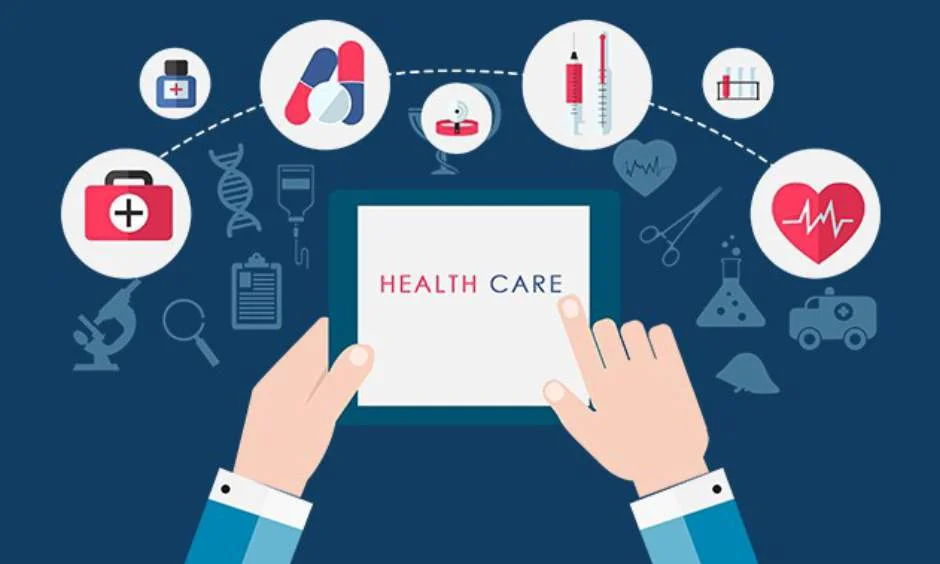Free Courses Sale ends Soon, Get It Now


Free Courses Sale ends Soon, Get It Now



Copyright infringement is not intended
Context: The Union Ministry of Health and Family Welfare is in the process of finalizing a new health law draft.
Detail
Key features of the new National Public Health Draft
Steps taken by Government:
National Health Policy 2017 targets:
Way Forward:
© 2024 iasgyan. All right reserved